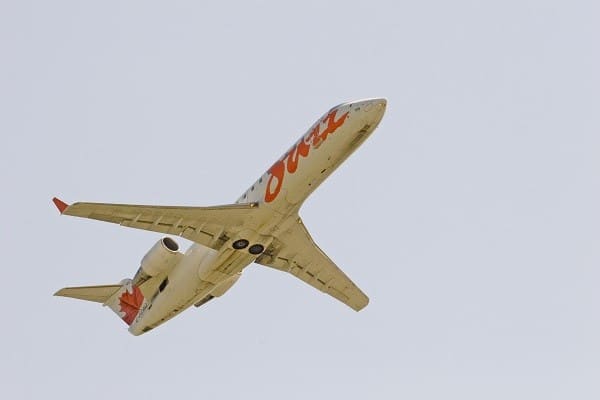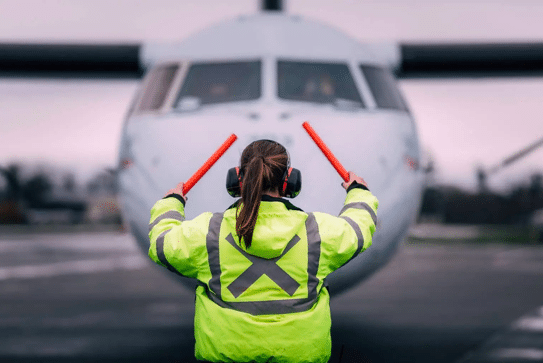
 Is Chorus Aviation (Chorus Aviation Stock Quote, Chart, News TSX:CHR) a buy right now? Not really, says Robert McWhirter of Selective Asset Management, who sees trouble in the company’s poor free cash flow, not to mention the threat of rising oil prices.
Is Chorus Aviation (Chorus Aviation Stock Quote, Chart, News TSX:CHR) a buy right now? Not really, says Robert McWhirter of Selective Asset Management, who sees trouble in the company’s poor free cash flow, not to mention the threat of rising oil prices.
After climbing out of the hole it had dug over Q4 last year, Chorus mostly has been flying at a level altitude for 2019, trading up 37 per cent year-to-date but down 20 per cent since the start of January 2018.
Chorus has two segments, a regional carrier operator business through its partnership with Air Canada as well as an aircraft leasing business for regional airlines worldwide. And while the latter has the growth potential going forward, Chorus pleased shareholders earlier this year by firming up a new contract extension with Air Canada, one which will add $940 million to Chorus’ leasing income and fixed fees for a total of $2.5 billion over the next 17 years.
The deal gives CHR the stability going forward that some see as putting it in a more risk-averse space than is traditionally occupied by airlines, which are prone to externalities such as spikes in the price of fuel, labour issues and general weakness in the economy.
Chorus is built to withstand some of those pressures, says CEO Joe Randall.
“Historically during economic downturns, mainline carriers typically contract more flying to their regional partners to lower costs and increase their utilization of smaller aircraft, which are better suited to serve reduced market demand,” said Randell in a conference call earlier this year. “Further, airlines look to the benefits of leasing aircraft versus acquiring them to allow for better operational flexibility and reduced financing requirements.”
But there could be lingering issues with CHR, says McWhirter, president and portfolio manager at Selective, who spoke to BNN Bloomberg on Monday.
“Overall, the company continues to face some challenges,” says McWhirter. “On a broad picture, if the price of oil is going up, then you go ‘Ouch’ because one of your biggest cost inputs is going to be rising.”
“At the moment, Chorus has effectively burned through $375 million worth of cash flow over the last year. Free cash flow has dropped from what was $1.57 minus last year has declined to $2.35 per share in the most recent year [and] cash flow growth is expected to be six per cent this year and 15 per cent next year,” he says.
“If you’re looking for companies with a little bit of yield, there might be [other options] that will offer a better risk-adjusted return compared to the challenges of Chorus,” he says.
Chorus last reported its earnings on August 13 where it posted revenue of $332.5 million, a six-per-cent year-over-year decline, and adjusted earnings of $24.7 million or 19 cents per share, also down from $29.5 million or 21 cents per share a year prior. Analysts had been expecting a profit of $27.5 million.
Earlier this month, Chorus announced the addition of two aircraft on lease to Malyasian operator Malindo Air of the Lion Air Group, which brings its secured lease agreements in 2019 to 24 aircraft and its total leased portfolio to 124 aircraft valued at US$2.0 billion, according to the company. (All figures in Canadian dollars unless where noted otherwise.)
Leave a Reply
You must be logged in to post a comment.






 Share
Share Tweet
Tweet Share
Share




Comment